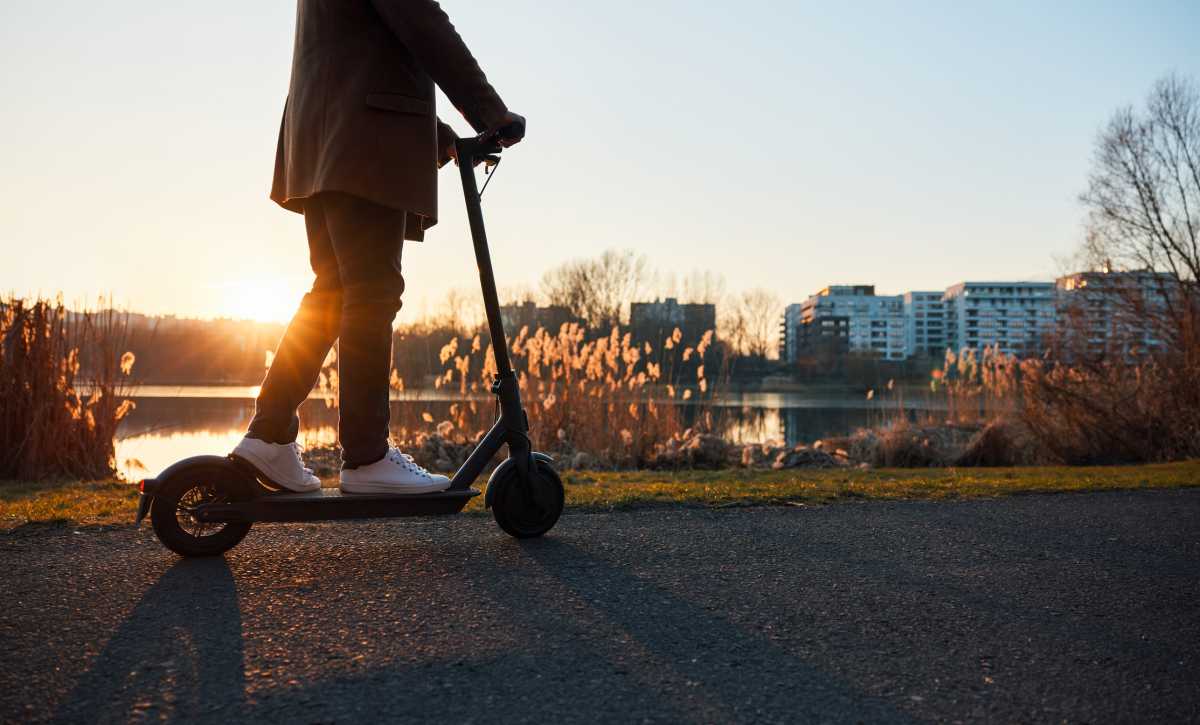It’s no secret Queens is having a moment. Whether culturally, culinarily or economically, it’s one of the most exciting places in the world to be right now.
It’s particularly true for the fast-growing tech industry, which sees Queens as an emerging hub for jobs and innovation. This was made clear several weeks ago at the launch of Queens Innovation Foundation, a new organization aimed at accelerating tech’s growth in the borough to drive jobs and economic opportunity closer to where it’s needed – beyond the Manhattan core. But to get Queens residents to these valuable jobs, the borough needs greater connection.
Our subways were designed over a century ago with only Manhattan in mind. To this day, if you live outside Manhattan, intra-borough travel is time-consuming. From Flushing south to Jamaica, subway lines end in eastern Queens, and buses can be unreliable.
It would be an understatement to say that funding for public transportation is uncertain at the moment. And while there is unfortunately no silver bullet to solve our transit woes, it is crucial that New York City continue to pursue a wide range of sustainable and convenient transportation options in parts of the city they’re needed most.
E-scooters are a key piece of this puzzle.
Several years ago, as a former council member, my district took part in the inaugural shared electric scooter pilot in New York City. This was the first time a service that has proliferated in cities globally would touch down in the five boroughs, and to be sure, I was a little skeptical. But over the following months, I saw first-hand how shared e-scooters can have a real impact on boosting local business corridors while breaking down barriers to transportation.
Shared e-scooters officially launched in eastern Queens last week, and some of the same questions we asked in the Bronx are now percolating: Are they safe? Where will they park? Will they be used responsibly? Why is our community getting them?
They are all fair questions, but I am glad to say that over the past three years, they’ve all been answered. Shared e-scooters have proven to be a tremendous tool in getting people around parts of the city with scarce transportation options. They have a great safety record while easing connections to public transit, driving more people to our small businesses and opening up parts of our borough that have traditionally been disconnected from one another.
Apprehension over e-scooters can rightly stem from those purchased at hobby shops by unruly riders. But shared vehicles are tightly regulated, have far more safety features, and are required to cap speeds at 15mph. For new users and those riding at night, it’s just 10mph. The vehicles also have high-tech systems to prevent parking or riding in certain places, and to warn riders not to ride on sidewalks.
After a brief adjustment period, residents in the Bronx now widely appreciate having these options available. NYC DOT established clear parking rules and made clear that our community was getting a more cutting-edge system than the rest of the city, a change from the historic underinvestment in transportation in our community.
I was most impressed to see ridership in the Bronx actually reflect the incredible diversity of its neighborhoods, with the program placing a foundational focus on equity. Data from scooter provider Lime found over 70% of its Bronx riders make less than the national median income, and a quarter of riders are older than 38 years old. More than 1,000 residents signed up for the company’s discount programs and have taken over 100,000 trips, each representing a faster and easier commute to a job, school or a connection to public transit.
After my experience in the Bronx, I’m confident eastern Queens residents will soon be wondering how they ever lived without these nimble, affordable and sustainable options.
They also boost local businesses. A study from Emory University found every scooter present in a city can catalyze $1,000 in incremental economic activity. Research found shared e-scooter systems created an estimated $13.8 million in additional sales across 370 restaurants in four cities over six months in 2019.
This positive impact on small businesses, plus the connectivity provided as Queens continues to emerge as a tech hub, means enormous economic benefits for the borough and the entire city.
As I learned in the Bronx, these small but powerful vehicles can prove the skeptics wrong and deliver a tremendous impact that makes lives better for Queens residents, while providing a boon to local businesses and greater connectivity for a borough poised to soar.
Marjorie Velázquez is the Vice President of Policy at Tech:NYC.
Read More: https://www.amny.com/opinion/





































